Stephen King told me I could not consider myself a writer unless I was a prolific reader. Seventy-two books per year at minimum, he said. Good God, that’s a lot! I settled in to try for Thirty-six. King doesn’t have four teenagers, a day job, and an addiction to playing late-night beer league hockey. So I’m sure he’ll understand and give me “legit writer” status even if I only get through a measly thirty-six books in 2024.
I’m happy to report that I've reached thirty-six with a full two months to go. Below is a brief summary of my top five.
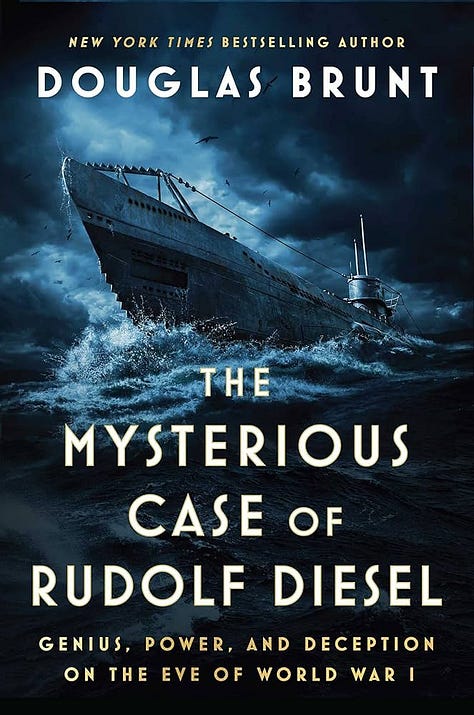
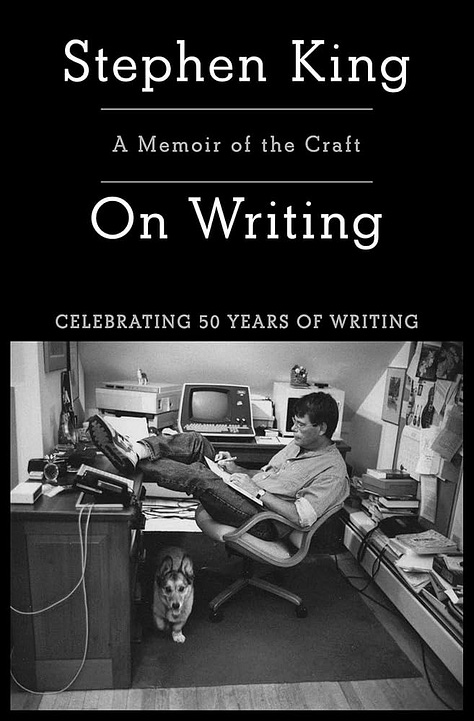
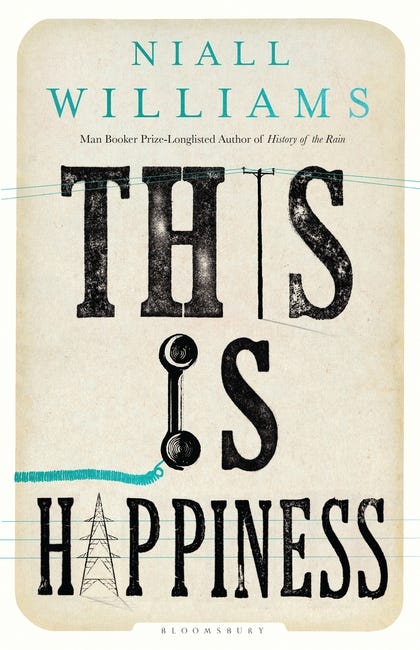
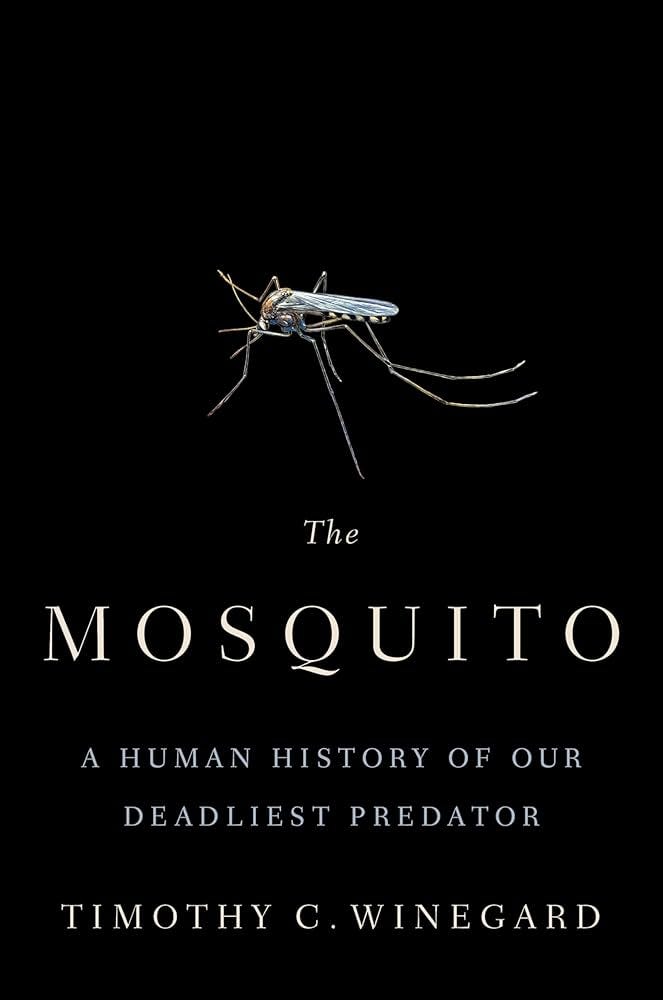
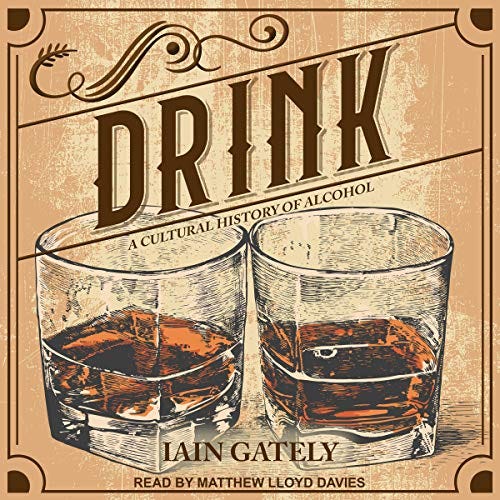
#5 Mosquito
The book feels a bit extreme. Essentially, everything that has ever happened to upend a world order, change the fortunes of nations, or alter the course of human history is linked to the pesky little Mosquito!
Malaria is a parasite that slips into our bloodstream when we are bitten by a mosquito. It hides in our liver and then explodes into our bloodstream, feasting on our blood cells. Malaria-infected blood calls more mosquitoes. When the infected blood goes back into the mosquito, the parasite reproduces and spreads to other human hosts. An estimated 50 billion people have died when they unwittingly became part of this ruthless cycle of life. The word malaria betrays our ignorance. Malaria means “bad air.” It wasn’t until 1897 that we identified our greatest killer.
If you have Type O blood, the mosquito likes you more. If you don’t wear deodorant, the mosquito likes you less, but he is attracted to you if you have stinky feet. Mosquitoes also like beer drinkers and pregnant women.
Malaria started in Africa. It was on its way to wiping out everyone on the continent when emergency evolution happened. People of colour developed Duffy negativity and Sickle Cell Anemia and other protections. The result was immunity! Of course, biological alternations come at a cost. If you had SCA, you died before you were 30. If you had Duffy negativity, then when things like AIDS came along, you were 40% more susceptible. Columbus made a pit stop in Africa on his fateful voyage to the New World; he brought some bad mosquitoes and malaria-filled sailors. One of the first gifts to the New World was malaria. The parasitic transfer to the non-malarian North American mosquitos was seamless, with near-extinction-level consequences for Indigenous populations. Upwards of 95% fell in the next three centuries. Explorers from the time recorded their observations:
“Indians die so easily that the mere look of a Spaniard causes them to give up the ghost.”
“Since they are dying so quickly, it must be God's will that these people yield their space to new people.”
This is why colonizing nations had to look in other places for slaves. As soon as Europe discovered that black Africans were largely immune to the ravages of malaria, they became more valuable than gold. Herein lies one of the greatest tragedies of the slave trade. Africa had a malaria firewall protecting it. Europeans who ventured inland in Africa perished at a rate of nearly 90%! The slave trade would have been an impossibility had Africans not been willing to kidnap fellow Africans and bring them to the coast.
#4 Drink
A history of booze is no joke! We have a long and complicated relationship with the stuff that makes us go crazy. I have a full review elsewhere. Click this link to check it out.
#3 On Writing
Stephen King has a lot more to contribute than horror stories. His book on writing is a must-read for anyone who likes to play around with pen and paper! My full review is below.
Stephen King on Love and Writing
Big Idea: To be a writer of any consequence, I must cement two inflexible habits into my daily life. These habits must be maintained at all hazards. According to Stephen King, I must read and write in no small quantity. He says I must write at least one thousand words per day (This doesn’t include work emails, though perhaps some of my more creative ones might count 🙂 ). I must read multiple books each month. King says he consumes 70-80 books per year! That seems impossible, but I’m inspired to bump up my standard 24 books annually to 36. We will see how I do! These two admonitions are the big idea of the book. He says reading fills up the mind, and writing is the stream of consciousness that gets it out.
#2 This is Happiness
This is a book about nothing and everything at the same time. The story is mundane: the electrification of a backwater town in Nowhereville, Ireland, a full 70 years behind the times. Who cares? Niall Williams makes me care, because “Oh now,” his writing is anything but mundane! Williams's command of the English language is magisterial. I shouldn’t care about the recollections of an old man named Noel who recounts what happened when he moved to the forgotten town of Faha as a teenager. But I do. I care that he left his faith but didn’t really. Helped a friend make things right. Got roaring drunk, vainly searching for Irish musicians. Cared for a dying person. Loved someone enough to act like an utter fool. The book isn’t so much a story as a portrait of human life with oddities, broken parts, and beauty all blended together. Scattered throughout the emotions of life are moments, lots of them, that we can point to and say, “This is happiness.”
#1 The Mysterious Case of Rudolph Diesel
For starters, I had no idea that the diesel engine was named after the man who invented it. I’d never even heard of him before. Diesel was rich, famous, and happy. However, he was not a fan of nationalism; he referred to himself as a global citizen, so as a German, this put him at odds with Keiser Wilhelm the Second. He also had no love for big corporate monopolies that squeezed out small businesses and treated workers like crap. This put him at odds with Standard Oil and JD Rockefeller. He wanted his diesel engine to help humanity, not contribute to its downfall. Still, he couldn’t prevent nationalism and big business from exploiting his invention, and then, on September 29, 1913, he disappeared, presumably over the side of a ship on his way to England. Some say his death was an accident, some say suicide, some say murder. But Douglas Brunt has another idea. — I think he is on to something.









